Webinar Recap: Taming Data Complexity at Scale
As a Senior Product Manager at Mezmo, I understand the challenges businesses face in managing data complexity and the higher costs that come with it. The explosion of data in the digital age has made it difficult for IT operations teams to control this data and deliver it across teams to serve a range of use cases, from troubleshooting issues in development to responding quickly to security threats and beyond.
While there are some good solutions out there, many of them only partially address the issue of data complexity or create data silos and vendor lock-ins. To help organizations better manage their data and extract value from it, we recently collaborated with DevOps.com to host a webinar titled "Taming Data Complexity at Scale."
If you missed the live event, check out the recording to learn more.
The Discussion
During the webinar, I delved into the complexities of data management in modern digital services and environments. I highlighted how data volumes are rapidly increasing while the resources available to control and extract insights from that data are not keeping pace. In fact, in the next 5 years, 500 million new apps will be deployed, and data volumes are projected to grow 23% annually. With DevOps teams already struggling with too much data, too many tools, and a lot of existing automation to manage, they’ll need to take new approaches to get ahead of this flood of new apps and data.
Fortunately, I also talked about how observability pipelines can help teams better control their telemetry data at scale. By moving analysis in-stream, teams can derive the insights they need while managing costs associated with storing data. Teams can also filter less valuable data and monitor the data format, ensuring all data gets normalized to a standard format before heading downstream. The best part is that teams can still leverage the same tools they have today or even reduce them by making it simpler to switch away by redirecting streams to the tool of choice.
Moving to in-stream data analysis is not without challenges, but it provides significant benefits and reduces data complexity before storing it in downstream analysis tools. By shaping and making data more actionable, teams can reduce the time it takes to act on insights, ensure that they can derive the insights they need, and effectively manage data storage costs.
Key Takeaways
- Observability pipelines help IT operations teams control telemetry data and make it more actionable.
- Data complexity is a big issue within the DevOps industry, but observability pipelines can help tackle this issue.
- Going to an in stream model can provide advantages in reducing the total amount of data stored, normalizing that data prior to a destination, and improving flexibility into which tools are leveraged.
- Mezmo's observability pipeline can help teams control large data volumes, manage storage costs, and derive insights more quickly.
If you missed the webinar, don't worry – watch the on-demand recording and learn how observability pipelines can help your organization tame data complexity at scale.
Check it out now!



.png)


.jpg)

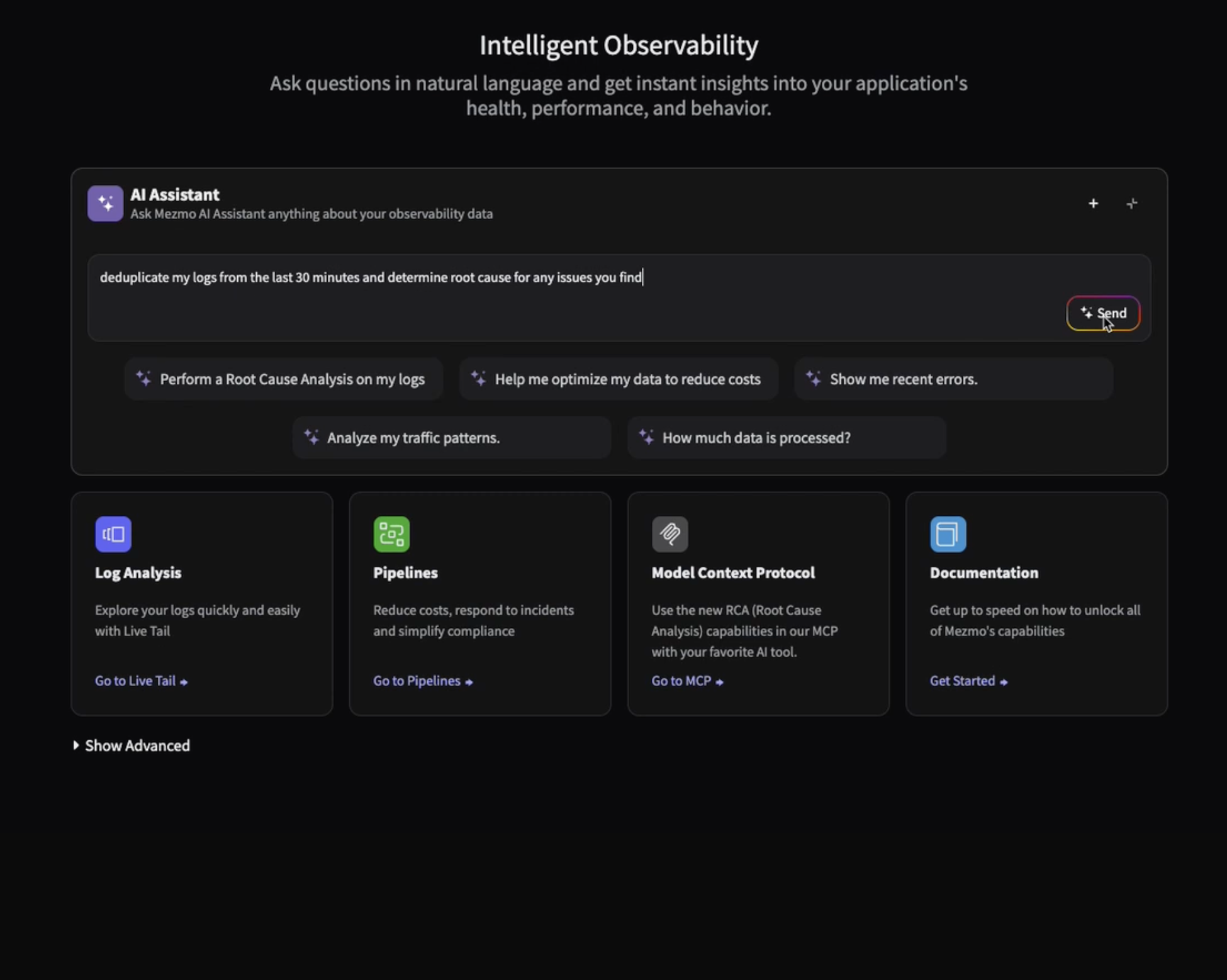
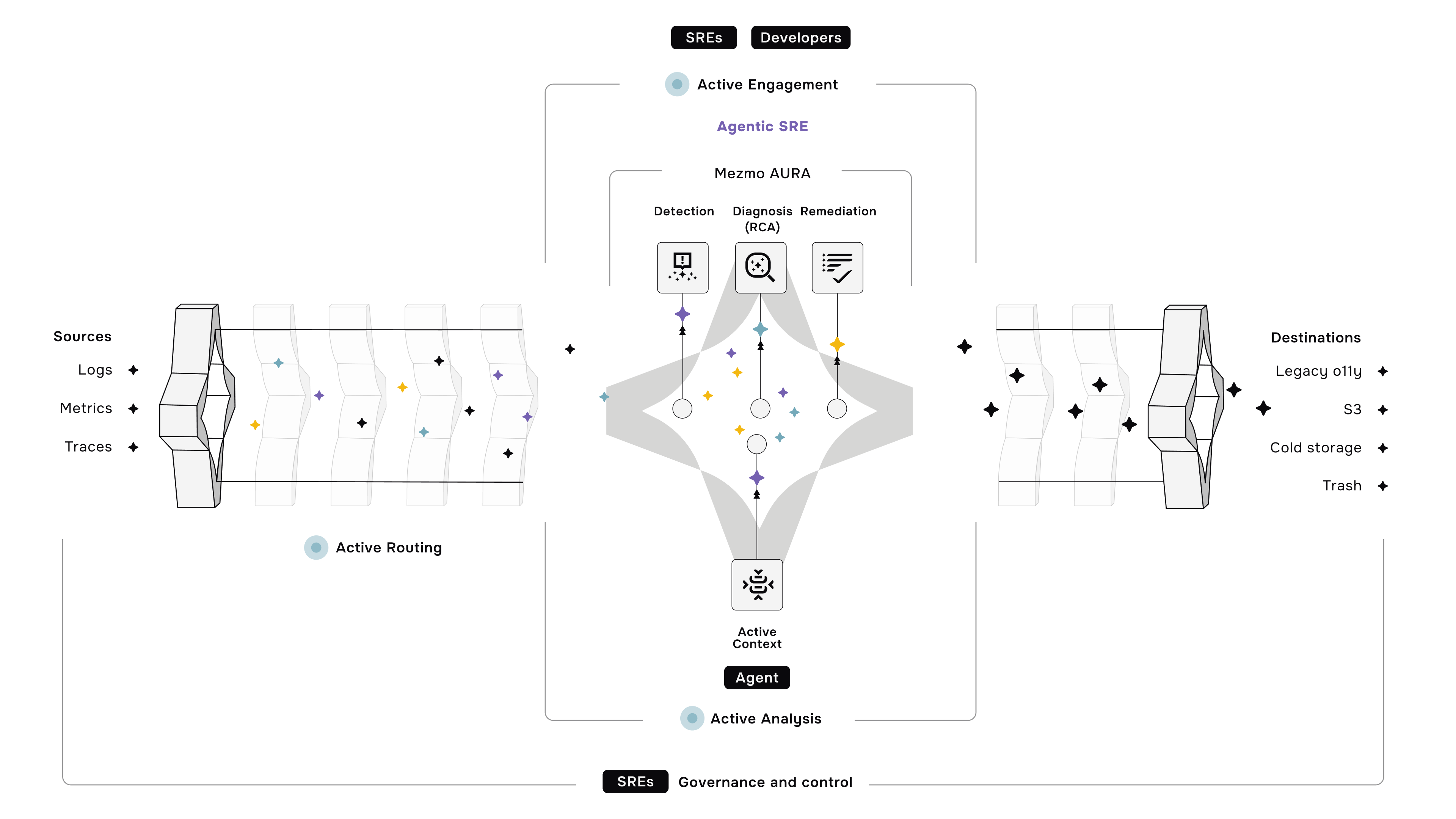






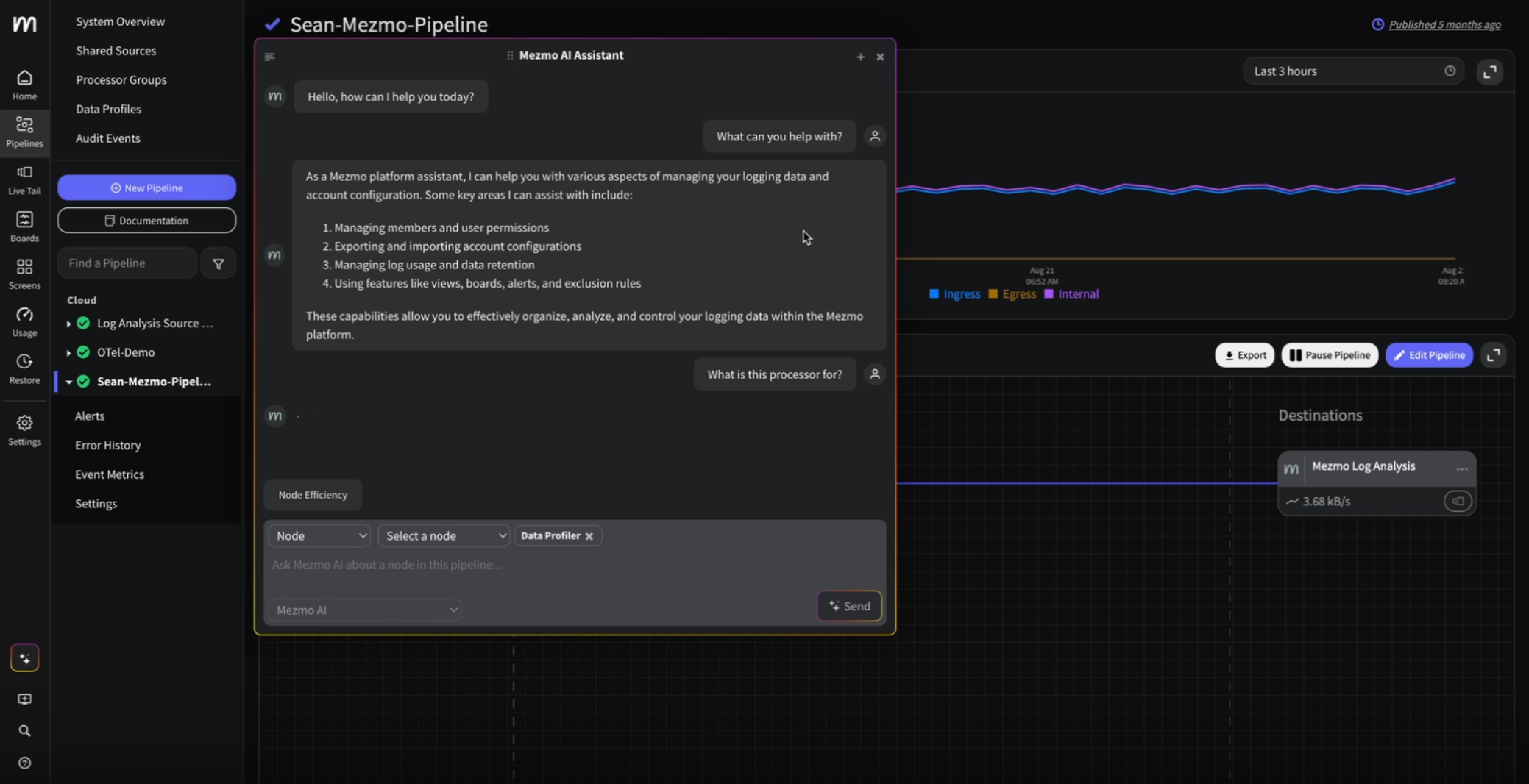


.png)




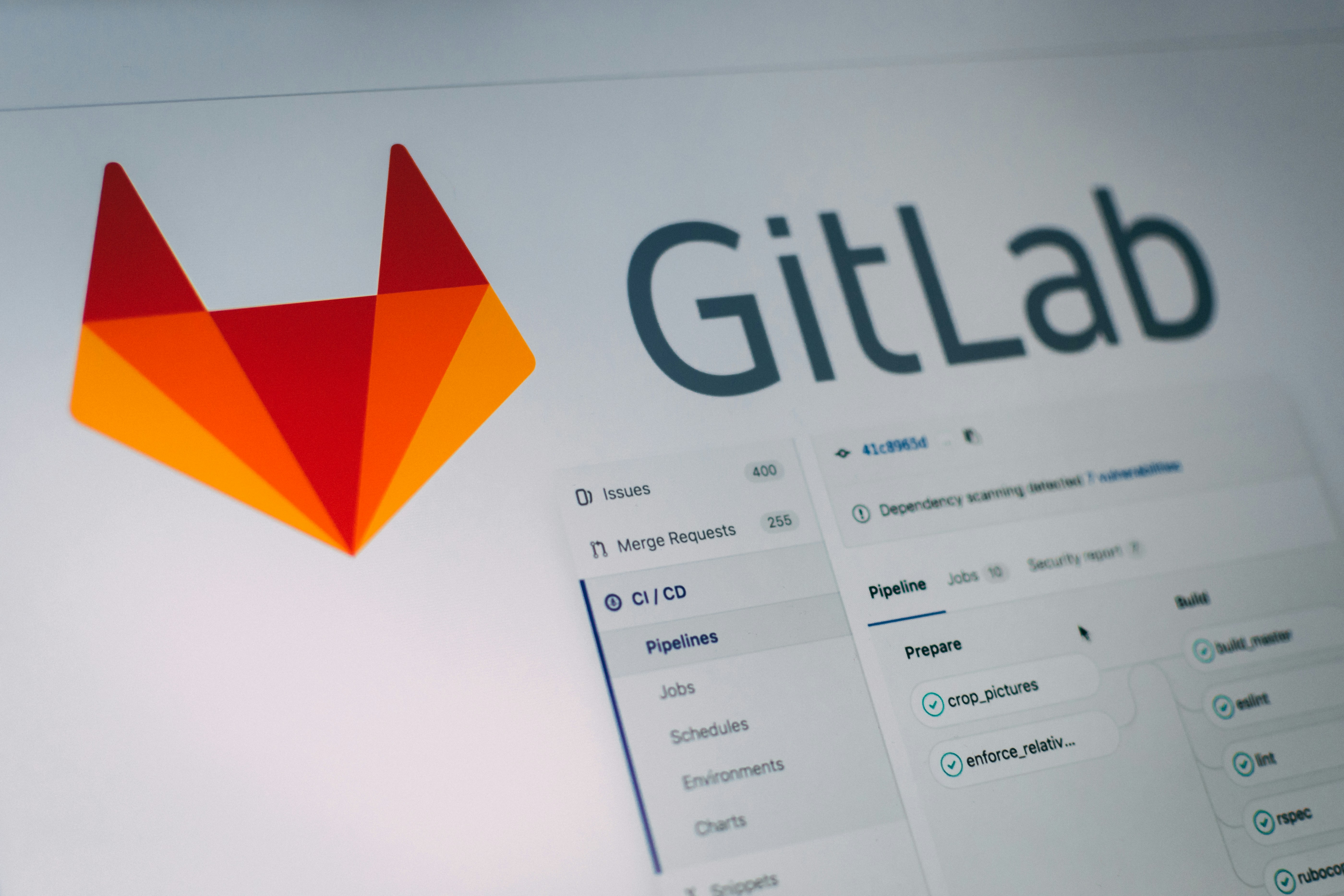
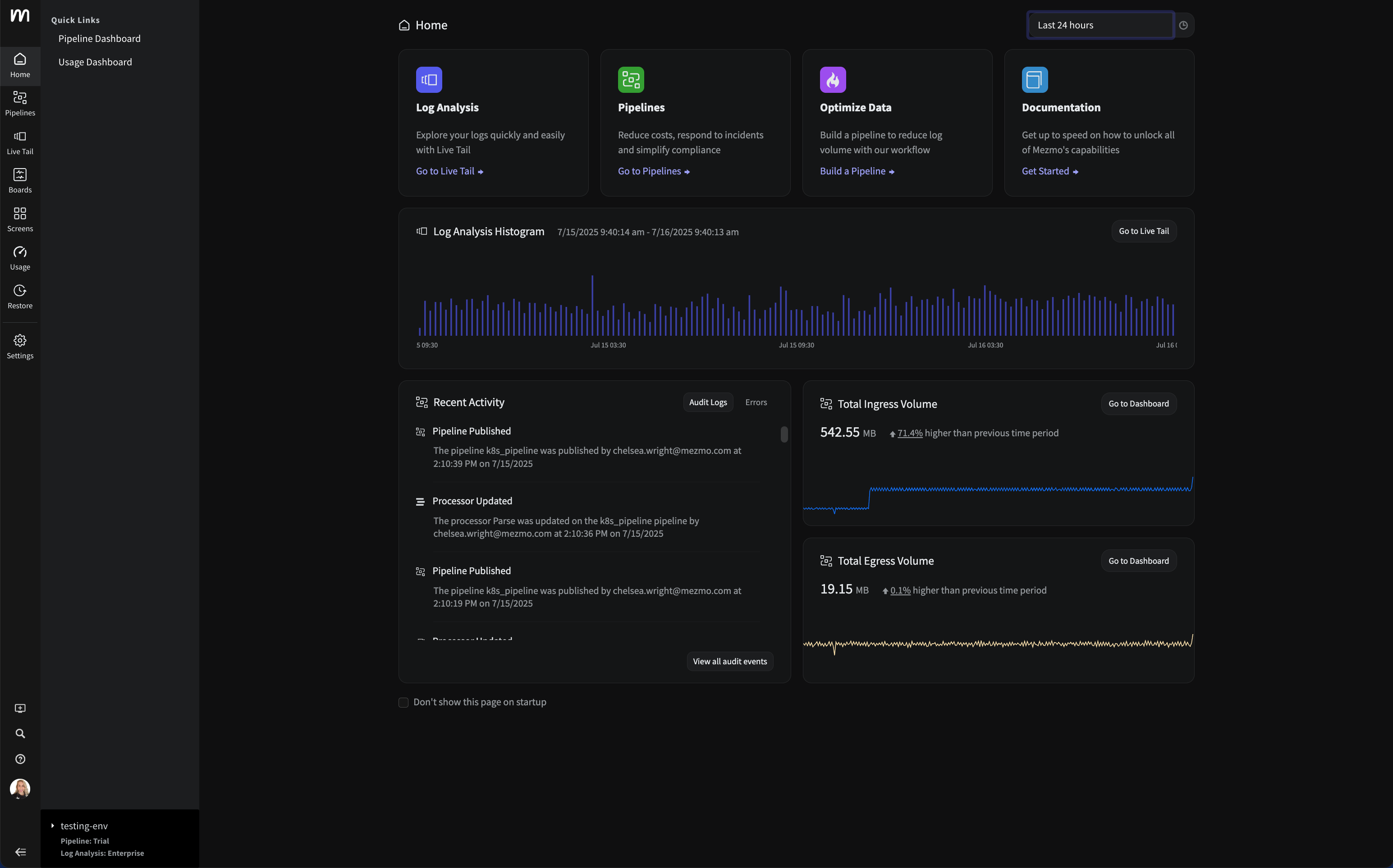


















.png)




























































